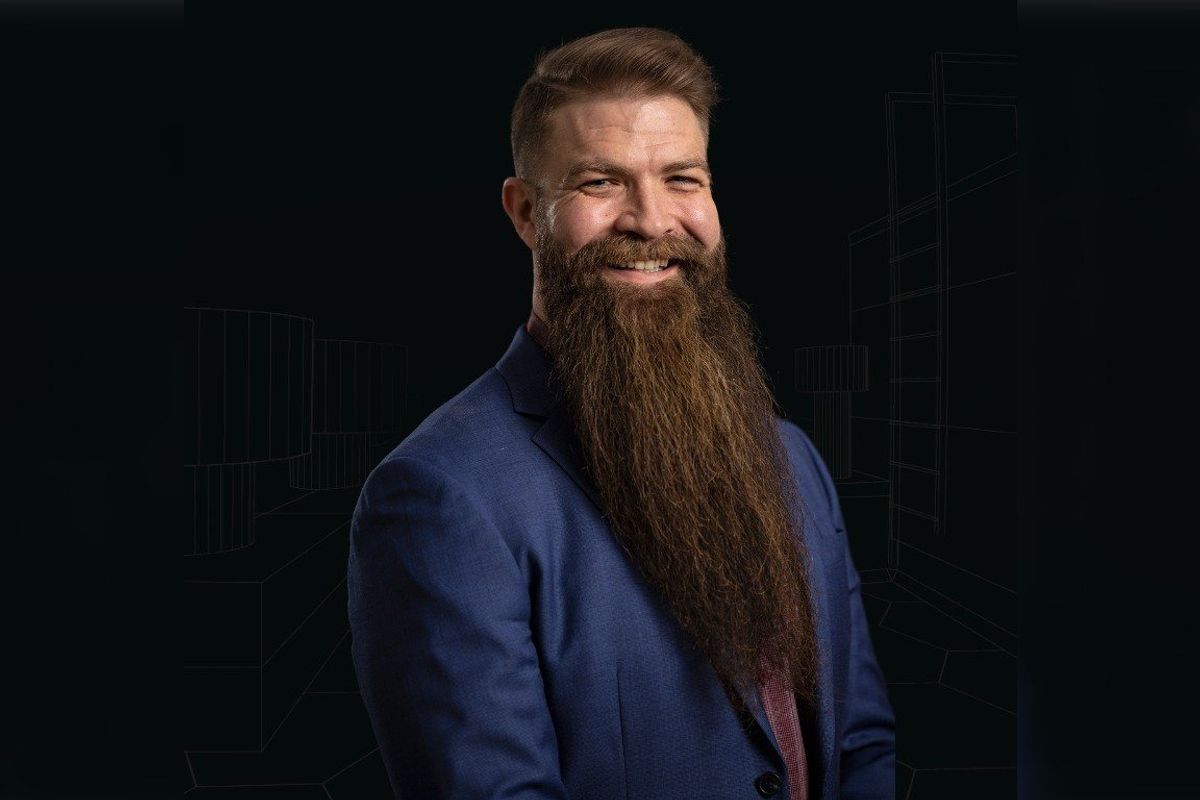Houston researchers develop strong biomaterial that could replace plastic
plastic problem
Collaborators from two Houston universities are leading the way in engineering a biomaterial into a scalable, multifunctional material that could potentially replace plastic.
The research was led by Muhammad Maksud Rahman, an assistant professor of mechanical and aerospace engineering at the University of Houston and an adjunct assistant professor of materials science and nanoengineering at Rice University. The team shared its findings in a study in the journal Nature Communications earlier this month. M.A.S.R. Saadi, a doctoral student in material science and nanoengineering at Rice, served as the first author.
The study introduced a biosynthesis technique that aligns bacterial cellulose fibers in real-time, which resulted in robust biopolymer sheets with “exceptional mechanical properties,” according to the researchers.
Biomaterials typically have weaker mechanical properties than their synthetic counterparts. However, the team was able to develop sheets of material with similar strengths to some metals and glasses. And still, the material was foldable and fully biodegradable.
To achieve this, the team developed a rotational bioreactor and utilized fluid motion to guide the bacteria fibers into a consistent alignment, rather than allowing them to align randomly, as they would in nature.
The process also allowed the team to easily integrate nanoscale additives—like graphene, carbon nanotubes and boron nitride—making the sheets stronger and improving the thermal properties.
“This dynamic biosynthesis approach enables the creation of stronger materials with greater functionality,” Saadi said in a release. “The method allows for the easy integration of various nanoscale additives directly into the bacterial cellulose, making it possible to customize material properties for specific applications.”
Ultimately, the scientists at UH and Rice hope this discovery could be used for the “next disposable water bottle,” which would be made by biodegradable biopolymers in bacterial cellulose, an abundant resource on Earth.
Additionally, the team sees applications for the materials in the packaging, breathable textiles, electronics, food and energy sectors.
“We envision these strong, multifunctional and eco-friendly bacterial cellulose sheets becoming ubiquitous, replacing plastics in various industries and helping mitigate environmental damage,” Rahman said the release.
---
This article originally appeared on our sister site, EnergyCapitalHTX.com.

 Mike Francis is the CEO and co-founder of NanoTech Materials. Photo via LinkedIn
Mike Francis is the CEO and co-founder of NanoTech Materials. Photo via LinkedIn Curran Biotech's sealant can be used on existing air filters and HVAC systems. Photo via UH.edu
Curran Biotech's sealant can be used on existing air filters and HVAC systems. Photo via UH.edu Apple doubles down on Houston with new production facility, training center Photo courtesy Apple.
Apple doubles down on Houston with new production facility, training center Photo courtesy Apple.